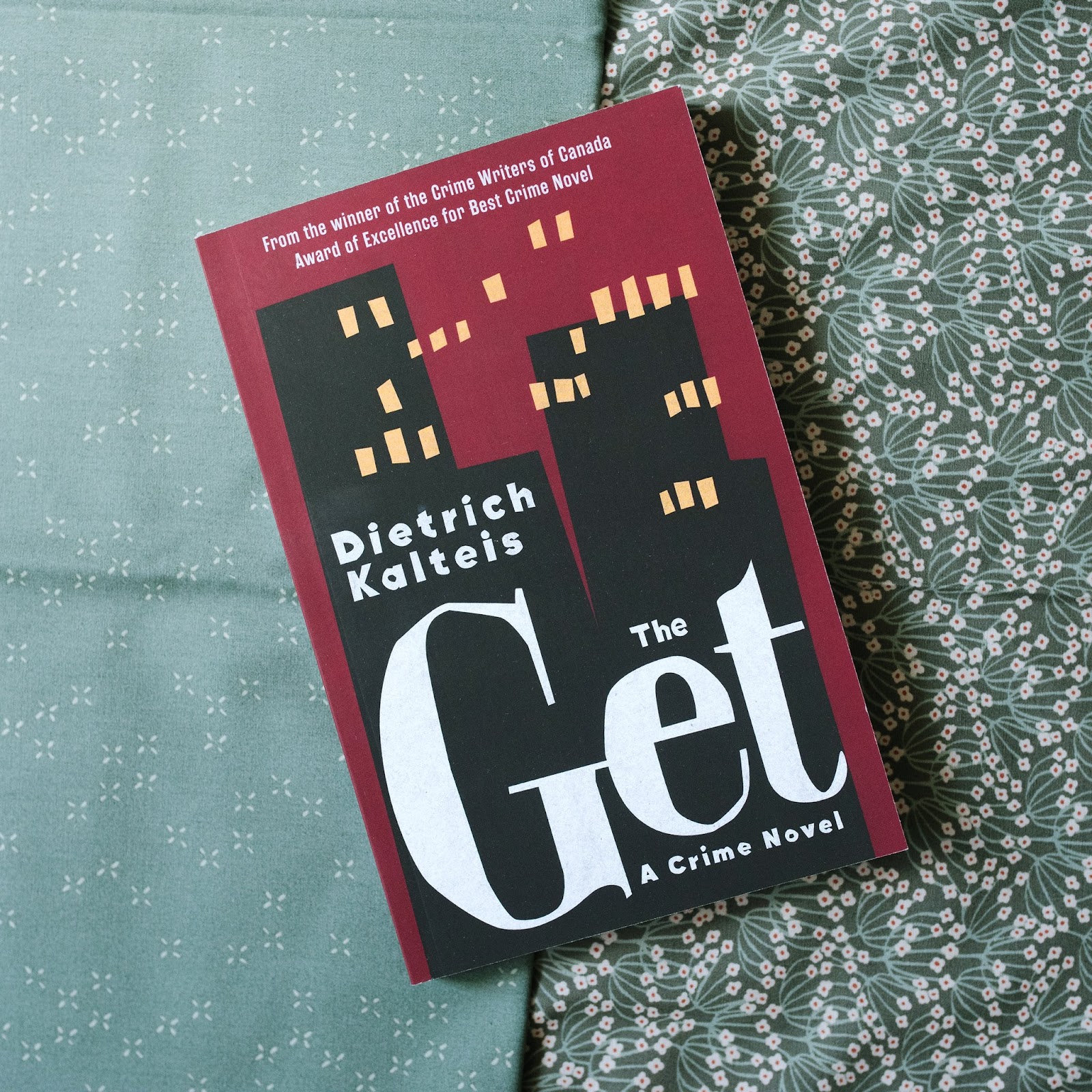Q: Have you had success taking an old, perhaps previously abandoned, manuscript and breathed in new life before selling it?
A: No… That is true, but maybe I can dig a little deeper. I was talking to my son Jared about his song writing. His current project is a band called Sprinkler Boiz. The process is working with a fellow musician who is creating instrumental tracks. Jared then creates lyrics and vocal tracks and they bounce back and forth until a song emerges. He said he scours his notebooks for orphan lines and thoughts, using them to build a song. It feels like his mind has built a wonderful pile of building blocks for him to play with.
Back in my typewriter and pen days I saved every scrap of writing in an army surplus sailor’s chest that I dragged with me whenever we moved. Because of the basic disorganized nature of my brain, finding anything of value in ten-thousand scraps was daunting if not impossible. With the advent of computers I saved floppy discs of every draft, thinking I might go back and find gold. Problem was, I saved to obsolete formats.
I ditched that real and virtual pile of orphan thoughts when we moved to the mountains. And I feel much lighter for it. I have come to see that my taste and world view is ever evolving. No matter how brilliant an idea was (and I doubt they were) I no longer live in that time.
This isn't to say I don’t sometimes toy with an idea for a long time before it becomes a book. I worked on Tricky off and on for years before I became evolved enough as a person and skilled enough as a writer to turn those thoughts into a book.
I have a book out on submission right now that I am writing a new opening chapter for. This has led me to think a lot about where a story should start. I cut trailers for a ton of 1980’s action films. They mostly start with a bang, and if they could they tossed into it the hero “saving a cat” so we knew they were good people even if they killed a mountain of nameless baddies. With books, the wisdom is you have less than twenty pages to hook a reader. But what will hook them is nebulous.
Here is the opening paragraph from Lou Berney’s Dark Ride,
I’m lost, wandering, and somewhat stoned. This parking lot, when you’re in the middle of it, seems much vaster and more expansive than it does from the street. Or do I just seem much less consequential? That’s the question. One for the ages. It’s July, hot as balls. I stare up. The sky, pale and papery, looks like it’s about to burst into flame. How would you describe the sky to someone who has never seen a sky? You’d have to explain how it’s different every day. So many shades of blue, of gray. And we’re not even talking about sunrise or sunset. Plus the clouds! How would you describe clouds?
I’m hooked by the character's voice. I know from the book jacket that it’s a thriller, this character feels absolutely fresh in that context. He’s not a macho man or tough as nails woman, not a smart every-man, not even a petty criminal in over is head. Just a stoned dude who is content to be who he is, who is dragged into a moral dilemma and a dangerous world.
Another fine opening is from James Crumley’s The Last Good Kiss,
When I finally caught up with Abraham Trahearne, he was drinking beer with an alcoholic bulldog named Fireball Roberts in a ramshackle joint just outside of Sonoma, California, drinking the heart right out of a fine spring afternoon.
Now that sets a tone and tells me exactly the kind of writer Crumley is.
Emily St. John Mandel starts Station Eleven this way
No star burns forever. You can say “it’s the end of the world” and mean it, but what gets lost in that kind of careless usage is that the world will eventually literally end. Not “civilization,” whatever that is, but the actual planet.
Apocalyptic, and smart. Speaks of a huge event, but also locks me into the writer’s voice.
Here is the opening line from my latest WP,
The worst day of your life never begins on that day. It is the culmination of events. Some good. Some bad. Spend your life as a cop and you’ll recognize the connections between time, actions, and pain. A survivor’s pain is proportionate to how much they loved the victim. On July 21st 1984 Detective Hem Madsen sat in an unmarked police car unaware he was ten days away from the worst day of his life.
Will it make it to the final version of the book, or will it be a darling that needs killing? I guess I’ll burn that bridge when I come to it.
Point is, where we start and how we write that opening sets the reader up for the rest of the book. It gives them an expectation we must fulfill. If it is done correctly it will pull in the readers that will enjoy the book, and might repel those who wouldn’t find it to their liking anyway.
I personally am sucked in by character, and originality. What pulls you in?




















